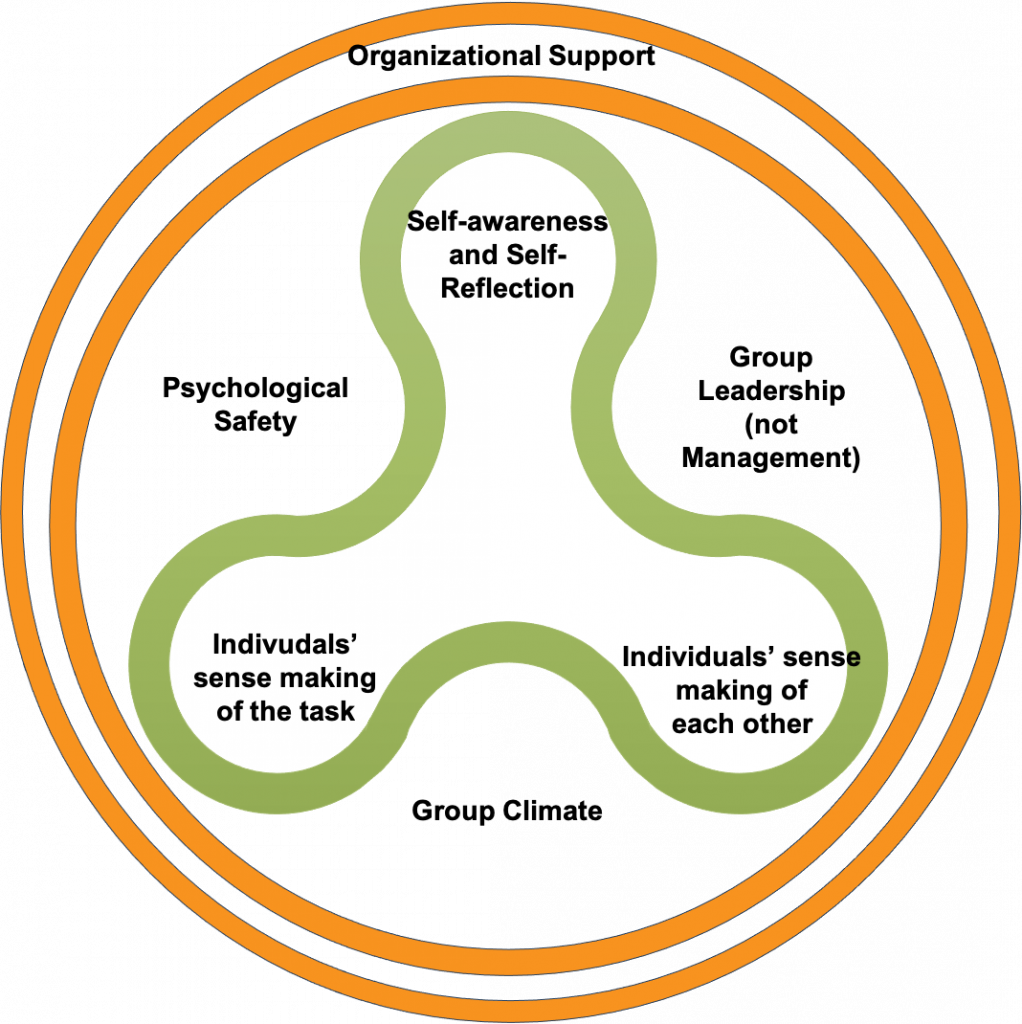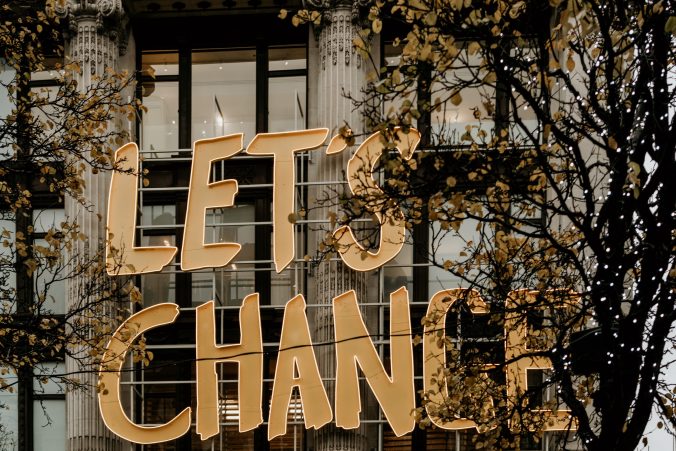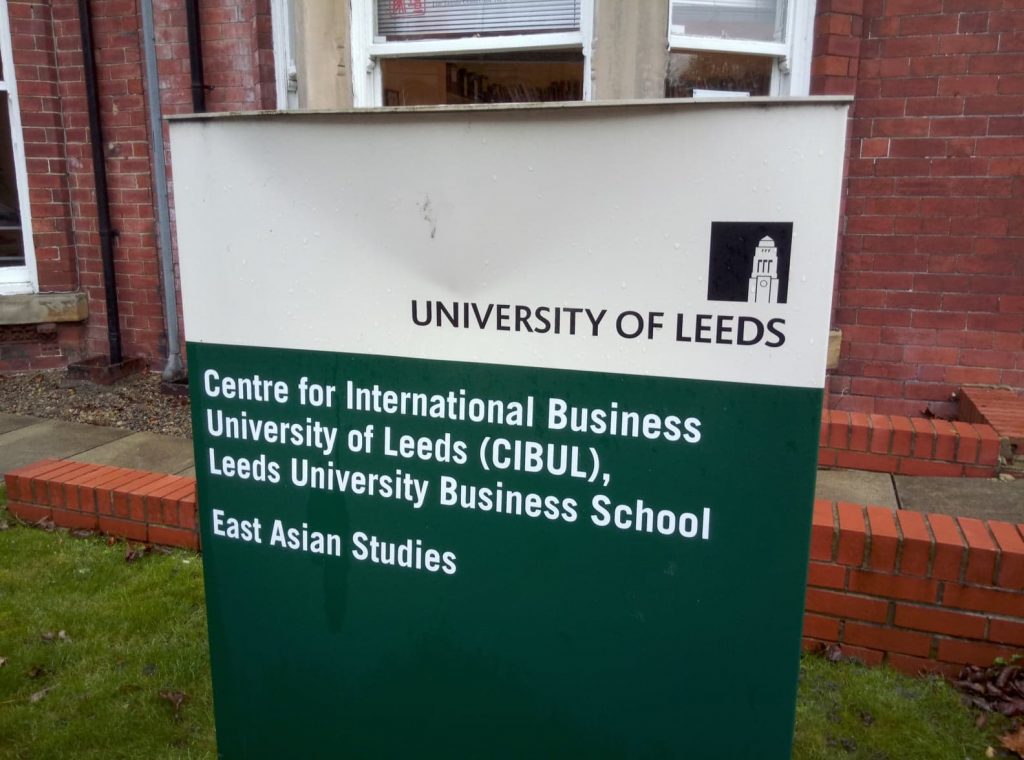Virtual work has been a choice and part of the modern business culture for three decades until at least March 2020. Along with many other spheres of life, the year 2020 also changed how businesses operate. Virtual work environments are not anymore merely an option to overcome national boundaries and enhance productivity but have become a necessity. There are multiple quick guides available online that highlight important factors that enable smooth functioning in virtual environments. For example, this Forbes article from 2014, “How to Manage A virtual Work Environment”, highlights the importance of role clarity, establishment of workflows and other processes, setting ground rules, regular meetings, and measurable tasks with clear expectations. This and other similar articles highlight such factors as the key ingredients to setup and run virtual environments. However, a rarely highlighted yet most crucial factor is the individuals working in these environments. The importance of how these individuals interact with each other (form and develop relationship) has a huge influence on the outcomes and performance within such environments.
One way to understand virtual work environments is to perceive them as three-layered entities, consisting of organization, groups, and individuals. The organizational layer provides the basic enabling tenants for these environments such as technological resources, staff training, productivity management and collaboration enhancement tools. The second layer consisting of groups deals with the factors highlighted in most of the articles such as the one mentioned in the earlier paragraph. The last layer consists of the group members who get together to achieve whatever goals are decided at the organizational and group level. While there are individuals involved at every level of decision making, in our quest for performance and productivity, we tend to become more mechanistic than human and hence the focus shifts to the virtual environment enabling tools and setting up the rules of the game within which individuals have set roles.
Integrated within the organization, group, and individual levels is a human layer and understanding this layer can help us tackle the issues recently faced by many during this time while we have had to resort to virtual work environments. The following figure shows that to have fruitful interactions, every individual has to first realize their own role not based on the job specification only (which is highlighted by the individuals sensemaking of the task), but also how they think and perceive others in their group and how do they see themselves as part of that group. Such realizations and introspections lay the foundation for positive future interactions. At a group level, the collective actions of the individuals would translate into a team climate. A team climate is the individuals’ shared perception of organizational events, practices, and procedures[1] and a positive team climate would lead to psychological safety where individuals are able to able to show and employ themselves without fear of negative consequences to self-image, status or career[2]. Individuals will not have positive relationships all the time and therefore the role of team leadership is to ensure positive team climate and psychological safety rather than being a manager or coordinator for the tasks.

We, in the Marketing and International Business department of Turku School of Economics, are actively involved in research on multiple facets of Virtual Work Environments and more specifically, Global Virtual Teams. Our team currently is focused on topics such as Relationship development in global virtual teams, Learning in Global Virtual Teams and the Role of Dynamic Capabilities in Global Virtual Teams. Our project details are available here.
Majid Aleem
[1] Anderson, N. R., & West, M. A. (1998). Measuring climate for work group innovation: development and validation of the team climate inventory. Journal of Organizational Behavior: The International Journal of Industrial, Occupational and Organizational Psychology and Behavior, 19(3), 235-258.
[2] Kahn, W. A. (1990). Psychological conditions of personal engagement and disengagement at work. Academy of management journal, 33(4), 692-724.






Recent Comments